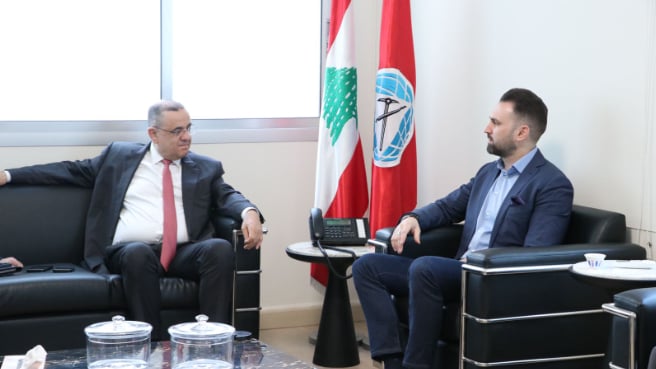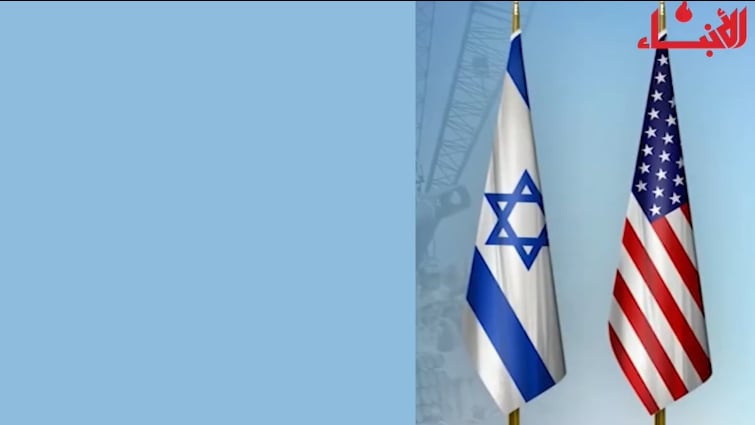Iraqi Prime Minister Adel Abdul Mahdi announced Nov. 29 that he would officially submit his resignation to parliament, in the first government response to the wide public protests that have been sweeping through Iraq for two months.
Former judge and legal expert Ali al-Tamimi explained to Al-Monitor the legal and constitutional steps that will follow Abdul Mahdi’s resignation announcement.
“The president accepts the resignation under Article 18 of the Cabinet system, which considers the whole government resigned with all its ministers,” he said. He added, “Parliament has the right to dismiss the prime minister, and with his dismissal, the whole government is considered resigned.”
Tamimi added, “Far from the desires of political blocs that often bypass the laws, the constitution states that the largest parliamentary bloc, Sairoon, is the one that chose the current PM. Consequently, the new candidate must be chosen by the second-largest parliamentary bloc after Sairoon, which is the Fatah Alliance.”
But Tamimi doubts this step will succeed because protesters “want comprehensive political and constitutional change. The crisis is set to escalate.”
An activist in the protests, Nadir al-Asadi, told Al-Monitor, “The resignation of the prime minister is not the end goal of protesters. They want to remove the current political and parliamentary class, which fears early elections and losing its positions and standing.”
Sairoon member of parliament Sadeq al-Suleiti, who is a key participant in the government, did not seem afraid of early elections. He told Al-Monitor, “The alliance supports early elections after amendment of the electoral law. The prime minister would be chosen based on a live public referendum.”
He added, “That would satisfy the people, and the PM would be able to choose the ministers, far from factional, partisan and sectarian quota.”
However, protesters’ demands go beyond what Suleiti outlined. In a statement, protesters in 10 Iraqi provinces made seven demands following Abdul Mahdi’s resignation announcement, including “ongoing protests until parties disappear and the quota system ends, constitutional amendment, a fair electoral law and a new electoral commission, early elections under UN supervision and accountability for all those implicated in killing protesters, including Abdul Mahdi.”
Political parties proposed a road map for the post-Abdul Mahdi phase.
The head of the Wataniya coalition, Ayad Allawi, called Nov. 29 for “the formation of a caretaker government to prepare for transparent and early elections within four to five months at most and dismissal of the current commission and establishment of a new one.”
Meanwhile, the Islamic Dawa party called on “all Iraqi parties to choose a consensual prime minister.”
Media and social media sources circulated the names of candidates for the premiership. But no political party officially confirmed this. Some considered this trial balloon to be an attempt to get a feel of the Iraqi streets’ take on the candidates.
The head of the Supreme Judicial Council, Faek Zeidan, disavowed the list Nov. 29 after his name was reported to be on it. He said, “A political party that is after the premiership leaked the list of candidates to ensure their political failure.”
Member of parliament Abbas Yaber did not focus on the names being fake. He said, “The public does not want the suggested figures. Parliamentary deliberations should lead to an agreement over a totally independent prime minister, free from parties.”
A top official with the Injaz movement, which is affiliated with former Interior Minister of Interior Baqir Jabr al-Zubeidi, told Al-Monitor over the phone on condition that his name not be used that Zubeidi agreed with protesters’ crisis solutions such as “establishing an electoral commission far from the grip of influential figures to avoid fraud. He believes this will create a real parliament and strong government.”
Fatah Alliance member of parliament Mohammad al-Baladawi, who said he completely understands protesters’ demands and their refusal of partial solutions, told Al-Monitor, “Political deliberations are drawing closer to meeting the public demands to disband parliament after forming a new government. One of the key demands of the protesters is to eliminate the work of all three authorities.”
The director of the Arab Mashreq Study Center, Ali Moumen, told Al-Monitor, “The legal and political road maps for forming a new government are not complicated. Perhaps the hardest part is political and related to the parliamentary blocs’ agreement on an alternative prime minister. Legal difficulties also exist in determining the largest bloc in parliament that nominates its candidate to spearhead the new Cabinet.”
Moumen said, “The current government will be a caretaker one, after parliament withdraws confidence. The premiership won’t be vacant but expired. However, the premier will continue work until parliament votes for a new premier to replace him. The president will have 30 days to commission a new premier, but first, the largest [qualified] bloc legally must be determined. The bloc then presents its candidate for the president to commission him. The candidate then nominates the new ministers and will have 30 days to receive parliament’s confidence. The current government can remain in its caretaker capacity for 60 days.”
Moumen said he expects “the prime minister and ministers to be independent and the new government that will replace the transitional one to be a political, bloc-based one affiliated with the largest bloc in the new parliament.”
Hisham al-Hashimi, a political analyst at Al-Nahrain Center for Strategic Studies, told Al-Monitor, “The influential political parties and their parliamentary blocs are seeking to pacify the situation by agreeing on a transitional government for six months as an early step. This is the most likely option.”
However, this mitigation might be short-lived, considering the protesters' suggestions and their insistence on toppling the whole existing parliamentary and political class.





